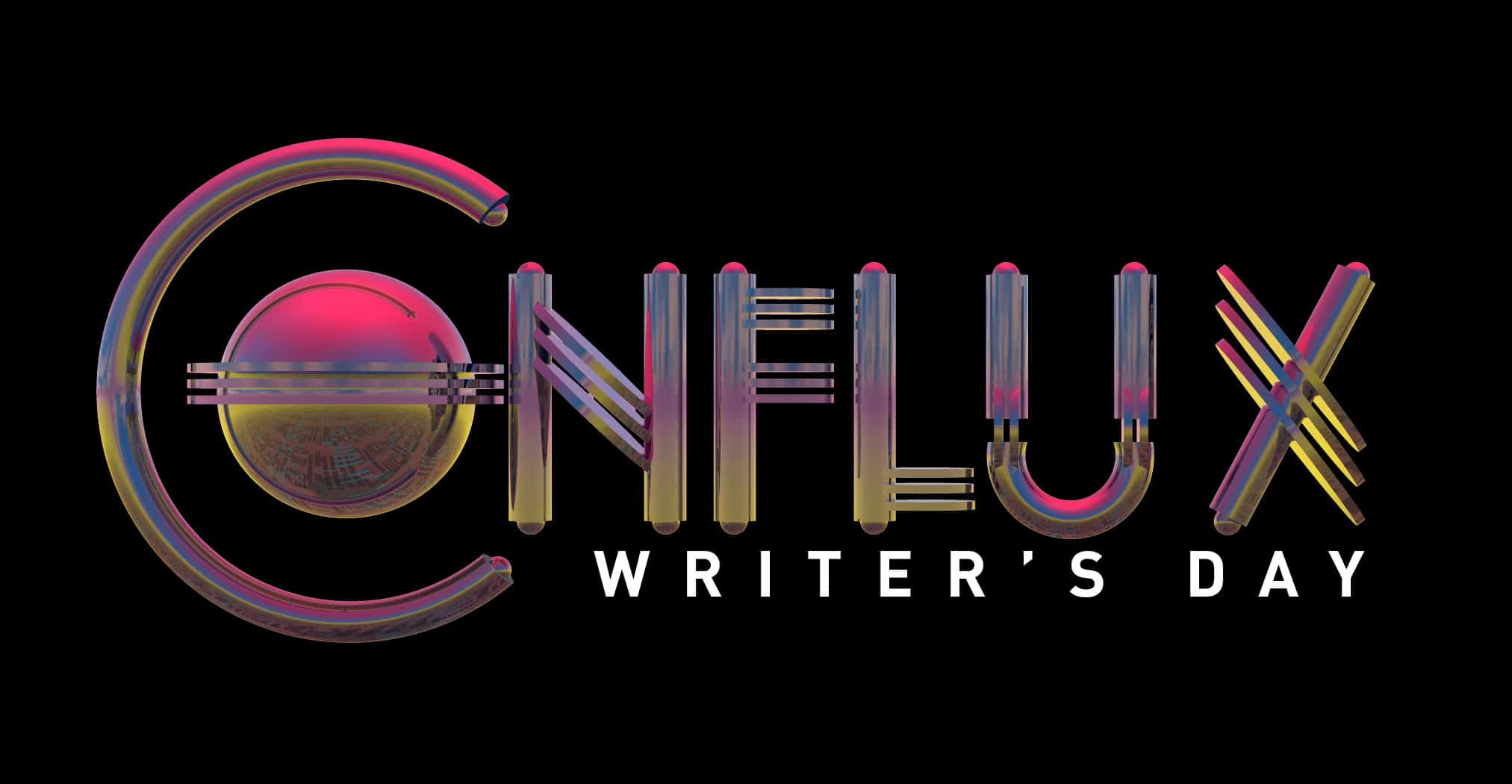Guest post by Chris Andrews
Eleventeen years ago (clearly too many to count) I decided on a brilliant Get Rich Quick Scheme, or GRQS for complexity.
It involved writing a Number-One International Bestselling Novel and retiring before I’d left my teens.
To a kid without any real-world experience it seemed like a solid plan, but some years into it things weren’t working as well as I’d hoped. Ignorance can be just a little bit heartbreaking (just saying).
Ever the optimist I decided to do some actual learning in order to supercharge my GRQS.
A further three years and a university degree later I figured I knew everything there was to know about writing (you might like to refer back to my comment about ignorance just now).
Real Life also insinuated itself into my GRQS at that time. You know, the usual suspects:
- girlfriend
- marriage
- mortgage
- kids.
When the dust settled I blew it off the old manuscript and reignited my dreams of an early retirement.
Unfortunately, the manuscript was a mess, and not due to the dust.
It was bloated and unwieldy and some of the corners had turned yellow and dog-eared – very impressive for a computer file.
Surprisingly, it read quite well on a sentence, paragraph, and even scene level, but not as a whole. Despite a lot of work, beta readers didn’t react the way I’d hoped (you know, with enthusiasm!), confirming my suspicions.
Rewrite after edit after cut and polish after rewrite failed to improve the overall story enough to matter.
Something was wrong and I didn’t know what it was. Nobody else seemed to either.
So I did what all sane people would do at that point – I sulked until an opportunity came up to write a television script.
Knowing absolutely nothing about scriptwriting, I jumped in, and it turned out to be a catalyst for more learning.
Strangely, scriptwriting adheres to this primal beast called structure that goes well beyond the basic beginning, middle and end we’ve all been taught.
Apparently people like to see specific elements in a story, and screenwriters have figured out what they are.
More to the point, people have expectations, and if a story doesn’t meet their expectations they’re likely to walk away with a serious case of apathy (at best).
Who knew?
Armed with this new knowledge, I reworked the novel yet again, and it wasn’t long before it got shortlisted in a couple of manuscript development programs.
I reworked it some more and strengthened certain elements for impact, and moved others about.
Readers actually liked it!
A little more polish and I tried it out on some agents.
Hold onto your keyboard now, because… yup, it worked on one of them too!
So, what were these reader expectations, these elements I found so necessary to include in my novel?
Here’s a titbit that’s obvious in hindsight but perhaps not so clear otherwise.
The beginning of the novel isn’t actually the beginning of the adventure. It’s the setup, and has to achieve things. Very specific things.
The first quarter of your novel should:
- provide readers with a sense of the story’s theme
- upset the protagonist’s world
- provide a clear call to adventure
- ensure your protagonist accepts their call to adventure (however reluctantly).
When you can identify all these points in your story you can play around with them, make them stronger, and if they’re missing, revise the story to include them.
If you choose not to include them, that’s fine, so long as you remember that your readers have expectations they may not even be consciously aware of.
If their expectations aren’t met they could react in the same way they responded to my earlier drafts – with a large dollop of indifference, patronising encouragement, and maybe even actual dislike.
I would spare you that pain, McLeod… (sorry, lost myself in a tangent).
So, if you want to find out more about the elements of novels and what readers might expect from your story, come to the Conflux Writers Day and get decades of learning distilled into twenty minutes.
If you buy me a beer afterwards, I might even keep talking.
Chris will be delivering a session at the Conflux Writer’s Day on Saturday 5 April 2014, along with several other CSFG members (see also On using technology to help your writing by Marcus Amann and On Step 2 by Ian McHugh).

[…] Just a brief announcement to say I’ve written a guest post for the CSFG Blog on my upcoming presentation at the Conflux Writers Day on 5 April. […]